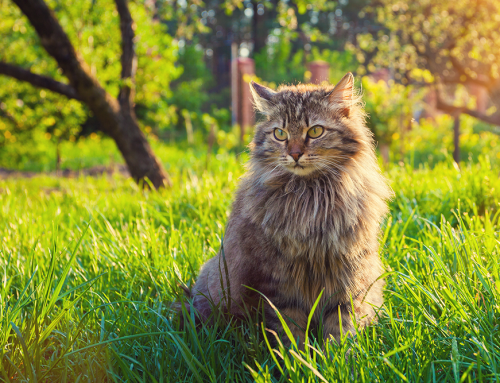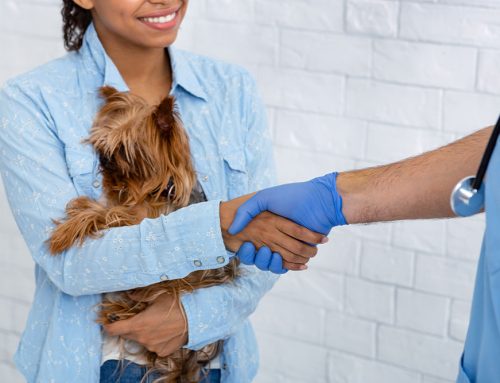Has your pet suddenly become a bottomless pit, eagerly devouring every meal and even begging for more? While some pets just love their food, a noticeable increase in appetite could be a sign of something more than just a healthy appetite. Let’s take a closer look at some common medical reasons why your furry friend might be eating more than usual.
- Hyperthyroidism (Primarily in Cats)
Hyperthyroidism is a condition in which the thyroid gland produces too much of the hormone responsible for regulating metabolism. While this is more common in older cats, dogs can also experience similar issues. Pets with hyperthyroidism often have an increased appetite but might also lose weight, seem restless, or drink more water. It’s essential to watch for these additional signs to determine if it’s more than just a case of the munchies. - Diabetes
Diabetes can cause increased hunger as the body struggles to regulate glucose levels. Pets with diabetes often feel hungry because their bodies aren’t processing sugar properly, despite having plenty in their system. Along with increased appetite, you may notice weight loss, excessive thirst, and more frequent urination. This condition is treatable, but early diagnosis is key. - Cushing’s Disease
Cushing’s disease, or hyperadrenocorticism, is a condition where a pet’s body produces too much cortisol. This can lead to increased appetite, weight gain, and a pot-bellied appearance. Cushing’s is most common in middle-aged to older dogs and often comes with other symptoms like lethargy, increased thirst, and frequent infections. - Parasitic Infections
Intestinal parasites, like worms, can cause an uptick in appetite. These parasites can deprive your pet of essential nutrients, making them feel like they’re starving even when they’re eating normally. Luckily, this is easily treatable with veterinary care, but you’ll want to act quickly if you suspect this is the cause. - Malabsorption or Gastrointestinal Disorders
If your pet’s body isn’t absorbing nutrients properly due to a gastrointestinal issue, they may eat more to compensate. Conditions like inflammatory bowel disease (IBD) or pancreatic insufficiency can cause malabsorption. If your pet has increased appetite along with weight loss, diarrhea, or vomiting, it’s a good idea to get them checked out. - Psychological Factors
Increased appetite isn’t always linked to a medical condition. Pets, like people, can experience changes in behavior due to stress or boredom. If there have been changes in your home, such as a new pet, a move, or even a change in your schedule, your pet may eat more as a coping mechanism. Ensuring they have enough mental and physical stimulation can help curb this behavior. - What Should You Do if Your Pet’s Appetite Increases?
If you’ve noticed a sudden or drastic change in your pet’s eating habits, it’s best to consult your veterinarian. They’ll be able to rule out any serious medical conditions and provide guidance on the next steps. A physical exam and blood work can often provide answers quickly, so your furry friend can get back to feeling their best. - Increased appetite can mean a variety of things—from minor lifestyle changes to serious health conditions—but staying proactive and informed will help you ensure your pet stays happy and healthy!
















Leave A Comment